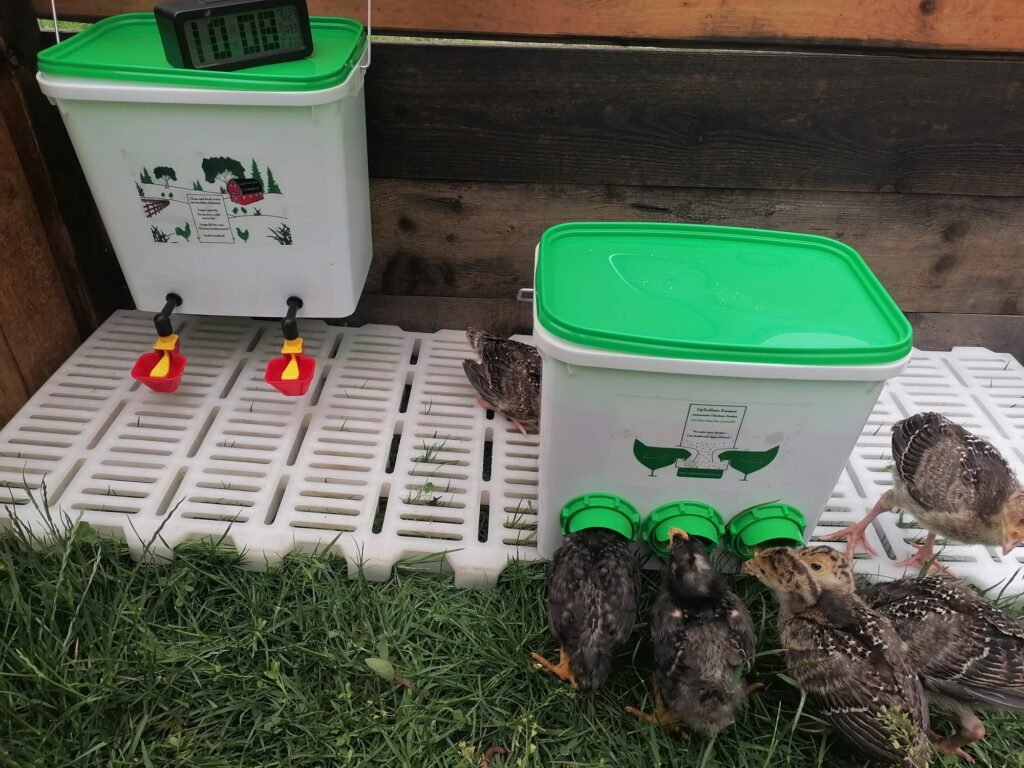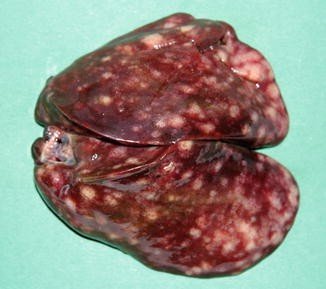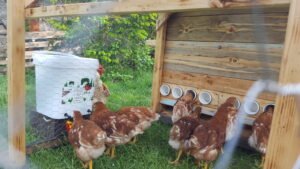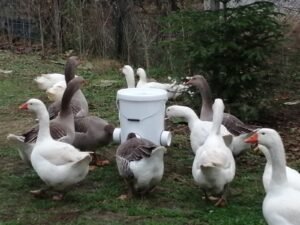Contrary to popular belief, raising turkeys isn’t more challenging than raising chickens – they simply have different needs. After years of experience raising these magnificent birds, I’m here to debunk the myth that turkeys are overly sensitive and share some game-changing insights that will make your turkey-raising journey a success.
The Secret to Healthy Turkey Legs

One of the most crucial aspects of raising healthy turkeys lies in understanding their unique circulatory system. Turkey poults have special leg-health requirements, and here’s my unconventional yet effective approach: instead of providing heat from above, I use electric heating pads under their sleeping area. This simple switch has made a remarkable difference in preventing leg problems.
Temperature: It’s All About Precision
While chicken raisers typically start their chicks at 35°C, turkey poults need a warmer environment of 39°C in their first week. This isn’t because they’re more delicate – it’s simply their biological requirement. Keep a reliable thermometer handy and watch your poults’ behavior. When they’re spread out contentedly instead of huddling together, you’ve hit the sweet spot!
Smart Water Management

Water management is crucial for leg health. Here’s a pro tip: install drinkers over plastic flooring to prevent wet bedding and keep those legs dry and warm. For outdoor time, I’ve found great success using a mobile coop with a transparent roof, creating a natural solar environment where turkeys thrive. Just remember to maintain proper ventilation – we want warm, happy poults, not overheated ones!
Nutrition and Health: A Different Approach
Turkeys have unique nutritional needs compared to chickens, requiring higher protein levels in their feed. If you’re working with incubator-hatched poults, adding probiotics can significantly improve their feed conversion rates. Think of it as providing them with the healthy gut bacteria they would naturally get from their mother during hatching.
Disease Prevention: Be Proactive

One aspect that often surprises newcomers is the need for proactive disease prevention, particularly against histomoniasis. After the fourth week, consult with a veterinarian about preventive treatment. While some turkeys show more resistance than others, early intervention is key to maintaining a healthy flock.
The Reward: Hardy Adult Turkeys

Here’s the best part: while the first four weeks require careful attention, adult turkeys are remarkably robust. Once you’ve successfully navigated the early stages, you’ll be rewarded with disease-resistant adults that often fare better than chickens. These mature turkeys show impressive cold tolerance and actually have a lower incidence of illness compared to laying hens.
Key Takeaways
- Focus on leg health through proper heating and flooring
- Maintain precise temperature control (39°C in the first week)
- Use plastic flooring under drinkers to prevent wet bedding
- Provide higher protein feed and consider probiotic supplements
- Plan for preventive health care, especially regarding histomoniasis
- Remember: the extra care in the first four weeks pays off with hardy adult birds
By understanding and meeting these specific needs, raising turkeys becomes just as straightforward as raising any other poultry. The key isn’t about being extra careful – it’s about being properly informed about their unique requirements.
The best turkey feeder


